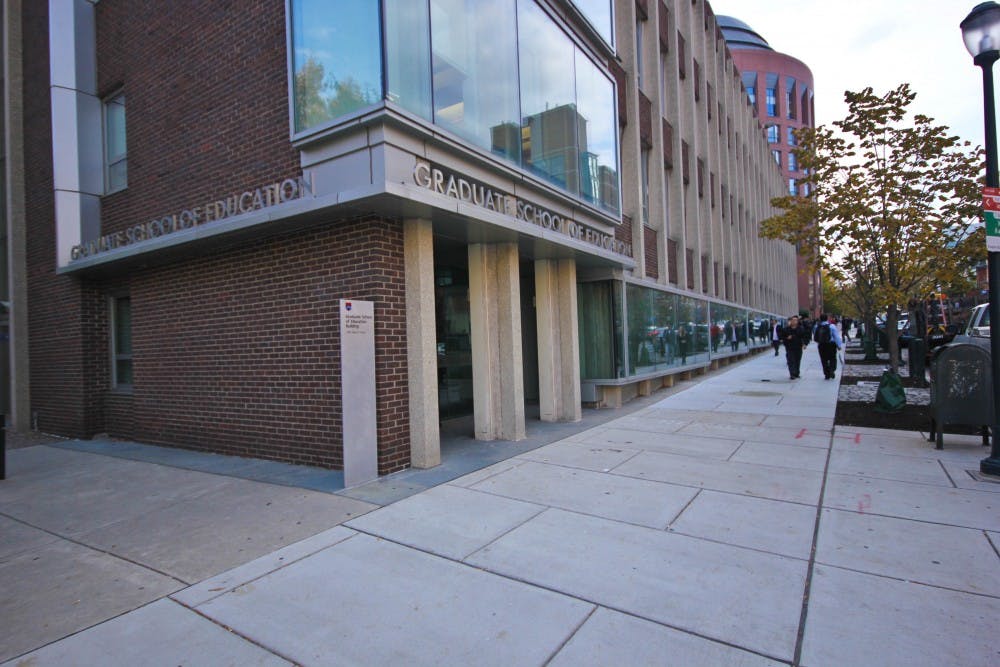Latinos make up 20 percent of the population aged 18-44 but constitute only 4.1 percent of university professors nationwide. According to Penn’s Graduate School of Education, 3.5 percent of Penn’s faculty is Latino, compared to 9.48 percent of the student population.
With a new $5.1 million grant, GSE is working to change those numbers.
The school’s Center for Minority Serving Institutions received a $5.1 million grant to support Pathways to the Professoriate, a program supported by the Andrew W. Mellon Foundation, to increase the number of Latino professors working in the humanities in colleges and universities in the United States.
Participating schools are referred to as “Hispanic-serving institutions” by federal law, or HSIs. Undergraduate students at these schools participate in intensive summer research programs and cross-institutional conferences. Each student will be assigned a mentor at their HSI as well as the student’s graduate school. The goal for the grant is to lessen the challenges of completing a Ph.D. program.
Over a five-year period, the grant will be used to prepare 90 students for Ph.D. programs. The Center for MSIs is partnering with three HSIs — Florida International University; the University of Texas at El Paso and California State University, Northridge — along with five majority research institutions — Penn; New York University; University of California, Berkeley; Northwestern University and University of California, Davis.
In the United States, 270 HSIs enroll 20 percent of all students and 58.9 percent of all Latino students. Founder and Director of Minority Serving Institutions Mary Gasman said the importance of HSIs has often been overlooked.
“People look to the Ivy Leagues or very elite institutions as the leaders and then they often try to follow them,” she said. “I think Penn does a lot of great things but I think a lot of other institutions do great things as well such as working with students of color. There is so much we can learn overall in higher education from minority serving institutions.”
Some of the other programs at Penn’s Center for MSIs includes promoting diversity in biomedical research, though this grant is to specifically assist students who are obtaining a Ph.D. in the humanities.
“The humanities create more deep intellectual thinkers and this is important to advancing justice in communities of color,” Gasman said.
Depending on the success of the program, Gasman wants to be able to renew funding after the five years. She also hopes this program can be an inspiration for the University to further diversify its professoriate.
“If you really want faculty diversity, you can find it,” Gasman said. “There are lots of people out there but you have to want to do it. For me, the status quo is not okay because it is not fair.”









